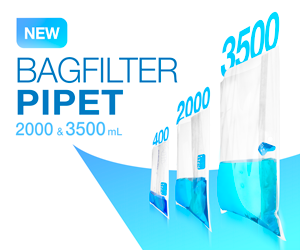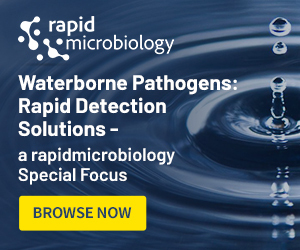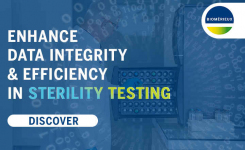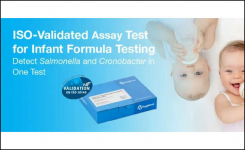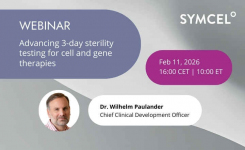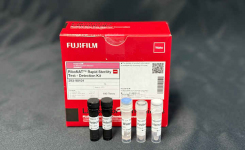NCIMB are collaborating with the Organic Resource Agency (ORA) in a feasibility study to investigate the potential of transferring molecular monitoring techniques used in the oil industry, to the production of energy from wastes and other renewable sources using anaerobic digestion. The project has received funding from the UK's Technology Strategy Board.
Anaerobic digestion (AD) is a key element in energy generation from biodegradable waste materials and also provides a solution to many waste management issues. The process is dependent on the activity of bacterial populations but current monitoring typically relies on indirect measures such as the products of microbial degradation.
In the oil and gas industry a range of more direct analyses are used to monitor bacterial populations and molecular approaches like qPCR are increasingly being used to determine bacterial biomass in oil field systems.
This new study will investigate the potential of transferring competency and methods developed for the oil industry in combination with ORA's AD expertise to contribute towards development of a new method for optimizing AD processes.
If you are interested in collaborating with NCIMB and/or ORA and would like to discuss a potential project, please contact Dr Carol Phillips email c.phillips@ncimb.com; tel +44 (0) 1224 711100 or Dr Jon Pickering email jpickering@o-r-a.co.uk; tel+44 (0) 1684 585423



